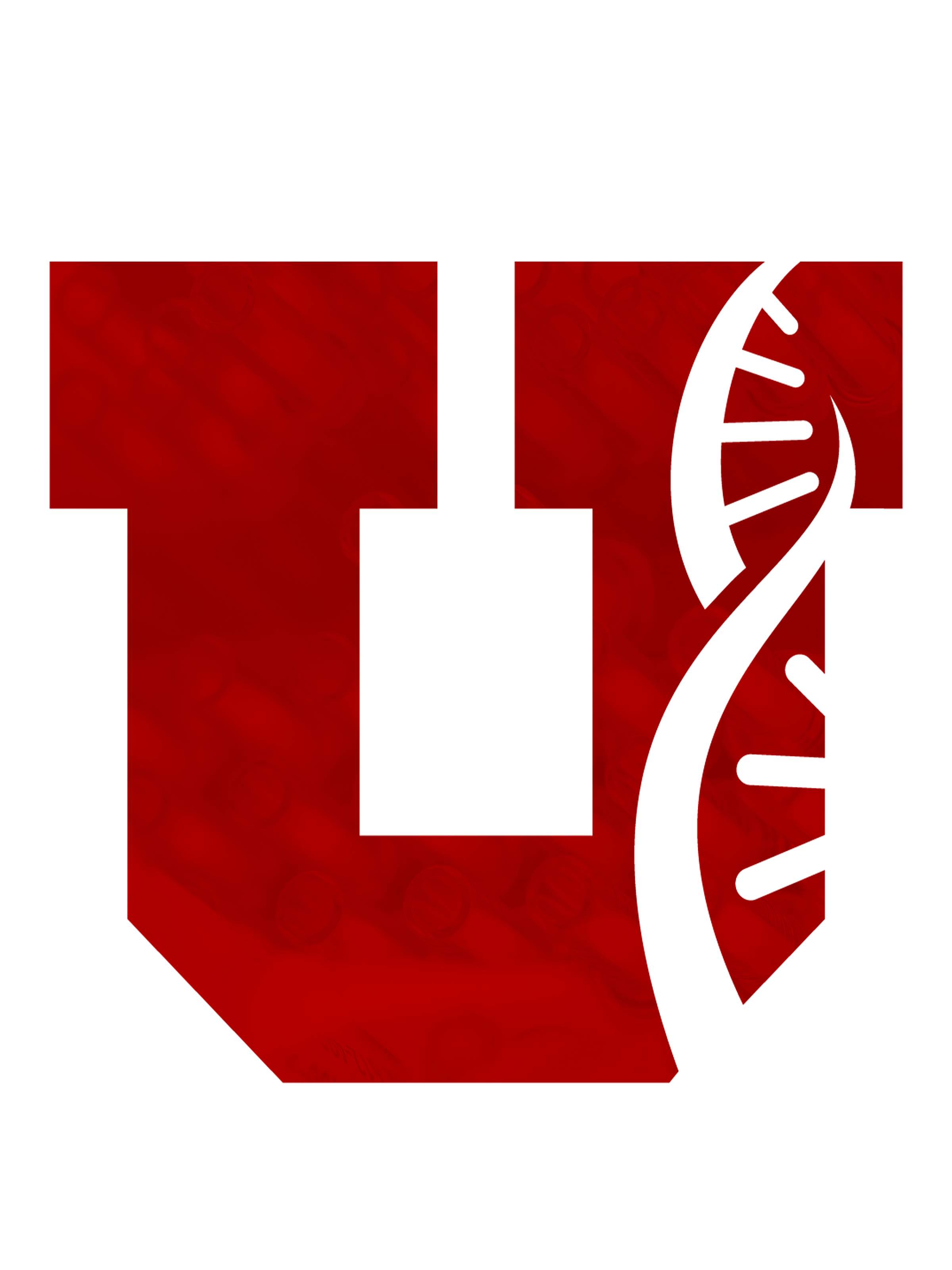
2024 Annual Report
Office of the Associate Vice President
The U of U Health Office of the Associate Vice President for Research is composed of six reporting organizations, including
the SVPHS Research Unit, the Molecular Medicine Program, the Interdepartmental Graduate Programs (Neuroscience, Bioscience, and MD-PhD), the Health Sciences Cores, the Rocky Mountain Office of Environmental Health (RMCOEH), and the Clinical and Translational Sciences Institute (CTSI). The office serves as the strategic lead for the health sciences research mission, working closely with schools, colleges, departments, and programs to ensure alignment of goals and resources.
Leadership
The OAVPR is led by Rachel Hess, Associate Vice President for Research, and Amy Tanner, Executive Director, with the support
of Chris Hill, School of Medicine Vice Dean for Research; Richard Dorsky, Assistant Vice President for Research Space, ; James Cox, Assistant Vice President for Cores Infrastructure; and two Associate Deans, Jamie Dwyer and Jennifer Majersik.






Administrative Operations
The operations team worked to advance finance and analytics capabilities this year, developing key projects such as a faculty progression dashboard, the development of LOI metrics, and work towards a centralized research mission reporting dashboard. The strategic planning team achieved significant progress toward institutional strategy development in alignment with new planning goals for the university’s Impact 2030 process. The research space team worked with the SVP office toward the acquisition of additional space in Research Park. And communications efforts expanded through a dedicated effort planning process in partnership with U of U Health Marketing and Communications.
Research Program Development
The Research Program Development (RPD) Team at the University of Utah Health made significant strides in FY24 by supporting large grant proposals, philanthropic requests, and faculty recruitment. They organized community-building events and developed strategic intelligence capabilities to enhance research excellence. The team also reframed priorities for Margolis Foundation funding, ensuring alignment with strategic goals. Their efforts have continued to foster the six interdisciplinary initiatives and strengthened state-sponsored centers. By facilitating collaboration and innovation, the RPD Team has played a crucial role in advancing strategic research initiatives and promoting a culture of excellence within the University of Utah Health community.
Pre-Award Team
The SVPHS Pre-Award Unit at the University of Utah Health made significant contributions in FY24 by supporting 220 submissions across various Health Sciences units, processing a potential $270,789,190 in extramural funding. Their efforts resulted in over $57,225,902 in awarded funding for approximately 60 individual awards. The team provided comprehensive pre-award support, including proposal preparation, budget development, and application submission. They also launched a training-focused initiative in collaboration with the Vice President for Research’s Office to foster a pipeline of professionals in this field1. Their proactive approach and commitment to excellence have greatly enhanced research administration and support at the university.
Biomedical Research Education Office
The Biomedical Research Education Office (BREO) at the University of Utah Health made significant strides in FY24 by providing foundational support for research education infrastructure. Key activities included extensive support for institutional training grant applications, strategic and administrative support for graduate programs, and long-term tracking and reporting on graduate students and postdoctoral fellows. BREO also collaborated with various departments to advance research education, fostered an exceptional training environment, and developed professional and career development activities for PhD students and postdoctoral fellow.
Health Sciences Cores
In FY24, the Health Sciences Cores (HSC) at the University of Utah Health excelled in providing high-quality services to investigators both on and off-campus. Serving 585 on-campus investigators and billing 328 NIH grants, HSC Cores contributed data to 409 publications. They generated $10.7M in billed revenue, marking a 29% increase from FY23. This growth was driven by increased grant funding, new faculty hires, and the addition of new cores and recharge centers, such as Software Development and Systems Design, Metabolite Interaction, and X-Ray Crystallography. The administrative team efficiently managed this growth, developing software systems for online ordering and inventory tracking. HSC Cores continue to operate at a high level of scientific excellence and operational efficiency.
Clinical & Translational Science Institute
In FY24, the Utah Clinical & Translational Science Institute (CTSI) at the University of Utah Health made notable advancements as the Mountain West’s leading center for clinical and translational science. The institute focused on promoting high-quality research aimed at improving health outcomes and addressing health disparities. Key initiatives included supporting large-scale grant applications, pioneering innovative translational science methodologies, and enhancing workforce development programs. Additionally, CTSI collaborated with partners such as Intermountain Health and the Utah Department of Health and Human Services to further research and community engagement efforts. These endeavors have significantly propelled translational research and fostered health equity.
Rocky Mountain Center for Occupational & Environmental Health
In FY24, the Rocky Mountain Center for Occupational and Environmental Health (RMCOEH) at the University of Utah, in collaboration with Weber State University, made remarkable progress in safeguarding workers across Utah and the West. As one of 18 NIOSH-sponsored Education and Research Centers, RMCOEH introduced new academic programs, secured ongoing legislative funding, and increased its research output to approximately 80 peer-reviewed publications annually. The center’s graduates have reported a 35.6% reduction in occupational injuries within their organizations. Additionally, RMCOEH impacted over 15,000 businesses through continuing education and outreach, training 15,751 professionals in the past five years. Their efforts have significantly advanced occupational and environmental health and safety in the region.
